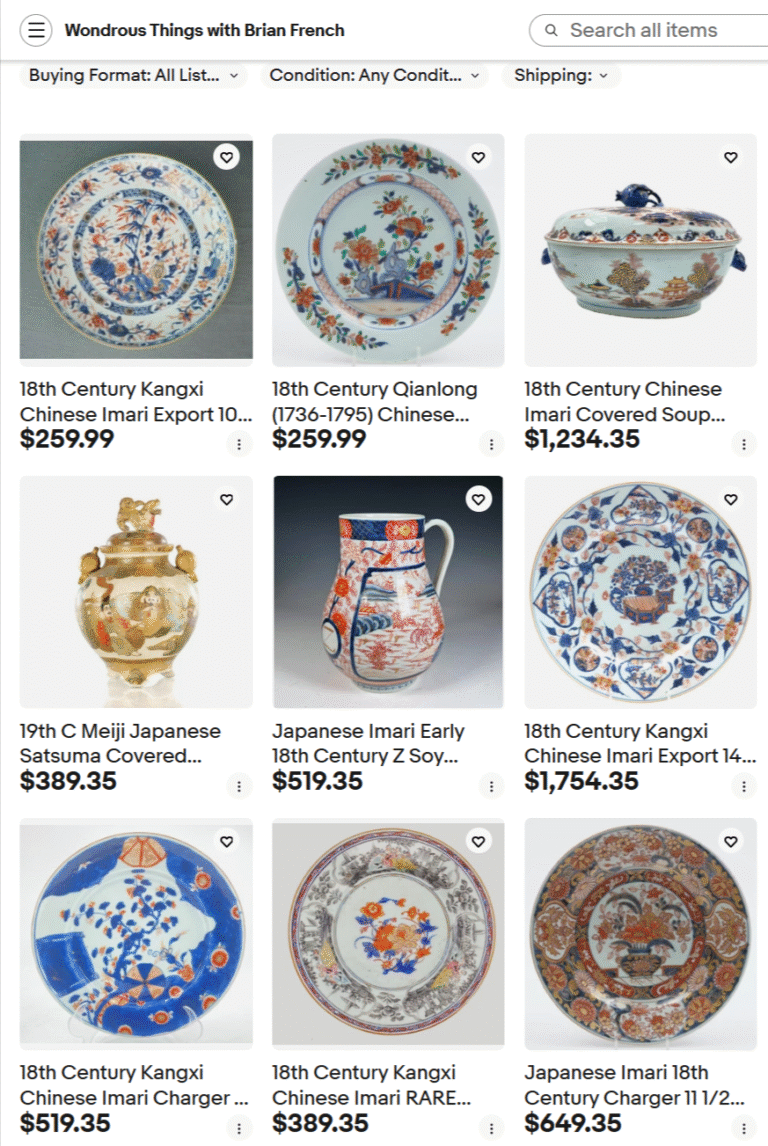
Let Your Next Job Find You: Building a Career That Attracts Opportunities
In today’s job market the traditional approach of tirelessly searching for a new job is being overshadowed by a smarter strategy: positioning yourself so that opportunities come to you.
Instead of chasing job postings, you can cultivate a professional presence that draws recruiters, former colleagues, and industry leaders to seek you out for exciting roles. This article explores how niche industry recruiters, former colleagues who’ve moved to new firms, and leadership roles in professional organizations can open doors to your next career move.
The Power of Niche Industry Recruiters
Niche industry recruiters specialize in specific sectors, giving them deep insights into the skills, trends, and talent needs within their field. By establishing a strong professional reputation, you can become a prime candidate on their radar. For instance, if you work in public relations, a recruiter specializing in communications might notice your thought leadership on platforms like LinkedIn or through your contributions to industry publications.
To make yourself visible to these recruiters, maintain an updated LinkedIn profile with keywords relevant to your niche, share insights on industry trends, and showcase measurable achievements. Recruiters often proactively seek candidates for high-demand roles, and a well-crafted online presence can make you the first person they call when a dream job opens up.
The Value of Staying Connected with Former Colleagues
Your former colleagues are more than just familiar faces—they can be the bridge to your next opportunity. When a colleague moves to a new firm, they bring with them firsthand knowledge of your work ethic, skills, and cultural fit. If they land in a position of influence at their new company, they may recommend you for an opening that aligns with your expertise.
For example, imagine a former teammate who transitions to a leadership role at a competitor’s firm. When a position opens that matches your skill set, they’re likely to reach out, knowing you’d thrive in the role.
To maximize this potential, prioritize staying in touch with colleagues after they move on. A quick congratulatory note on their new role, periodic coffee chats, or even a simple LinkedIn comment can keep the connection alive. These small gestures ensure you remain top of mind when opportunities arise. Building a network of former colleagues isn’t just about maintaining friendships—it’s about creating a web of advocates who can vouch for your abilities and connect you to unadvertised roles.
Leadership in Professional Organizations: A Spotlight on Your Skills
Taking a leadership role in a professional organization, such as the Public Relations Society of America (PRSA), is a powerful way to showcase your expertise and professionalism to your industry. Whether you’re chairing a committee, speaking at an event, or organizing a webinar, these roles position you as a thought leader and problem-solver. For example, leading a PRSA chapter initiative on crisis communications demonstrates your strategic thinking and ability to manage high-stakes projects—qualities that employers and recruiters notice.
Leadership in such organizations also expands your network exponentially. You’ll interact with peers, mentors, and industry influencers who may later recommend you for roles or alert you to opportunities. A hiring manager attending a PRSA conference, for instance, might be impressed by your panel discussion and reach out about a senior role at their firm.
By actively contributing to these groups, you’re not just building skills—you’re building visibility and credibility that make opportunities come to you.
The Role of Industry Conferences and Associations
Industry conferences and associations are goldmines for creating and nurturing professional connections. Attending events like PRSA’s annual conference or niche gatherings in your field exposes you to recruiters, hiring managers, and peers who can become conduits to new opportunities. These settings allow you to showcase your expertise through presentations, panel discussions, or even casual conversations during networking breaks. A single meaningful interaction—like sharing a unique perspective on a panel or connecting with a recruiter over coffee—can lead to a job offer months later.
To make the most of these events, approach them strategically. Prepare an elevator pitch that highlights your unique value, actively participate in discussions, and follow up with new contacts post-event. Joining relevant associations and attending their events consistently keeps you visible and engaged in your industry’s ecosystem, increasing the likelihood that opportunities will find you.
Why Relationships Matter
At the heart of letting jobs find you is the power of relationships. Maintaining contact with former colleagues and building new connections through conferences and professional organizations creates a network that amplifies your presence. These relationships aren’t just transactional—they’re built on mutual respect and shared goals.
Regularly engaging with your network, whether through a quick check-in or a collaborative project in a professional organization, ensures you’re not just another resume in a pile but a trusted professional with a reputation for excellence.
Build a Career That Attracts Opportunities
Instead of endlessly searching for your next job, focus on building a career that attracts opportunities. Stay visible to niche recruiters by showcasing your expertise online and in person. Nurture relationships with former colleagues who can champion you at their new firms. Take on leadership roles in organizations like PRSA to demonstrate your skills and expand your network.
By attending industry conferences and actively participating in associations, you create countless touchpoints for serendipitous opportunities. When you invest in your professional presence and relationships, you don’t need to look for a job—your next job will find you.


